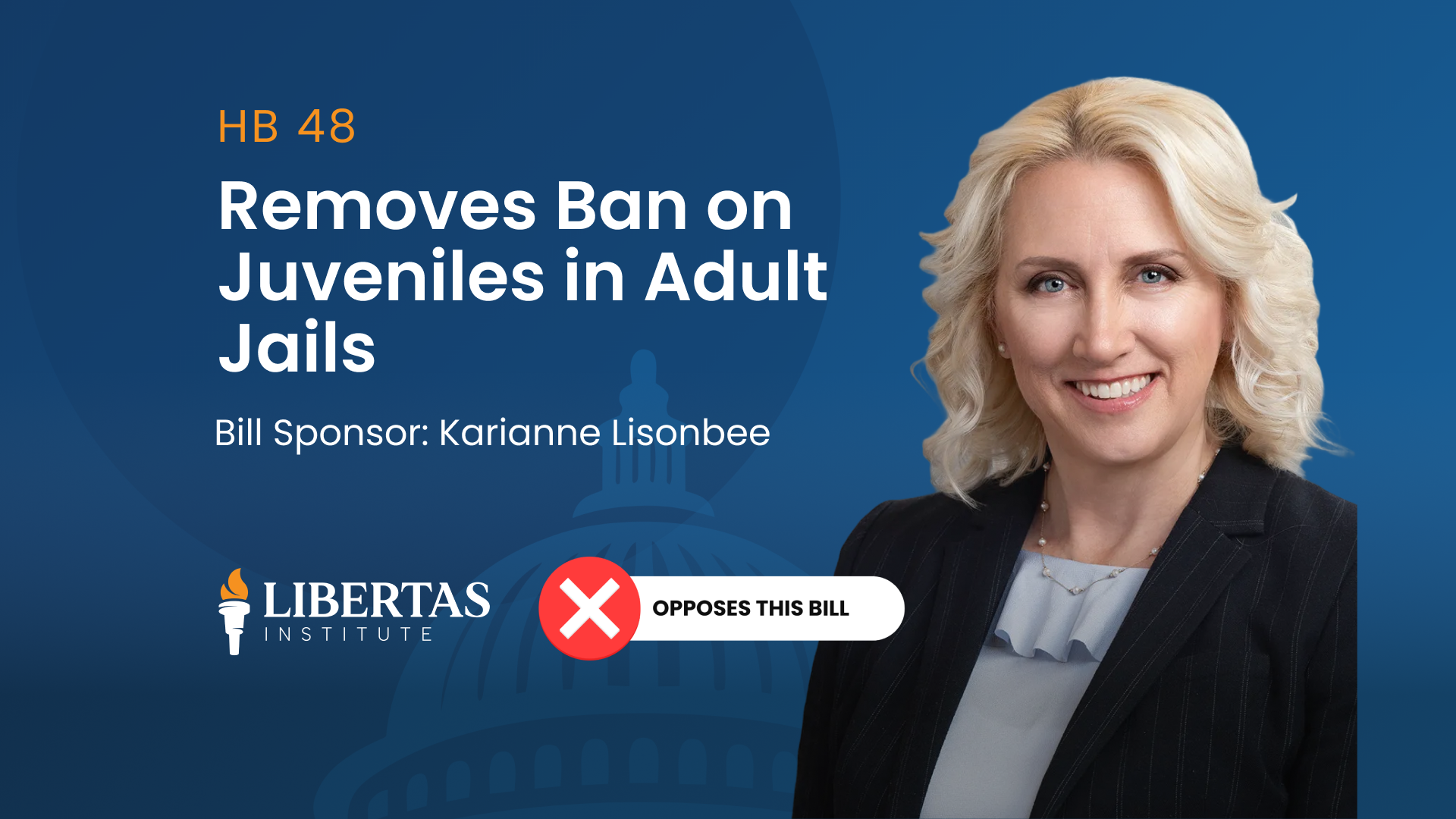This bill failed in the Senate, 11-17.
Libertas Institute opposes this bill.
Senate Bill 107, sponsored by Senator Stephen Urquhart, would create a “penalty enhancement” for any crime that involves “hate.” Specifically, the bill stipulates that the added penalty would be triggered in cases of a criminal offense where the actor intentionally targeted the victim because of the actor’s “belief or perception regarding [the] individual’s ancestry, disability, ethnicity, gender, gender identity, national origin, race, religion, or sexual orientation,” or the victim’s affiliation with a group that has one or more of the listed characteristics. The penalty is also triggered if the crime is against property for the same reasons.
If a judge finds that a person has committed a “hate crime,” then the crime’s penalty increases by one factor; for example, a class B misdemeanor would automatically become a class A misdemeanor. This is a significant change; for example, a third degree felony involves zero to five years in prison, whereas a second degree felony has a one year minimum in prison, and a maximum of 15 years.
This bill seems especially incongruous in light of the recent criminal justice reforms which involved a widespread reclassification and reduction in crimes, in part to keep people out of prison who should not be there.
The motives involved in a crime are not important to the action itself. Whether an assault was instigated by the aggressor’s jealousy, drunkenness, anger, or discriminatory “perception” about the victim’s personal characteristics is immaterial. Taxpayers should not be required to subsidize higher incarceration rates in pursuit of misnamed “social justice.”




